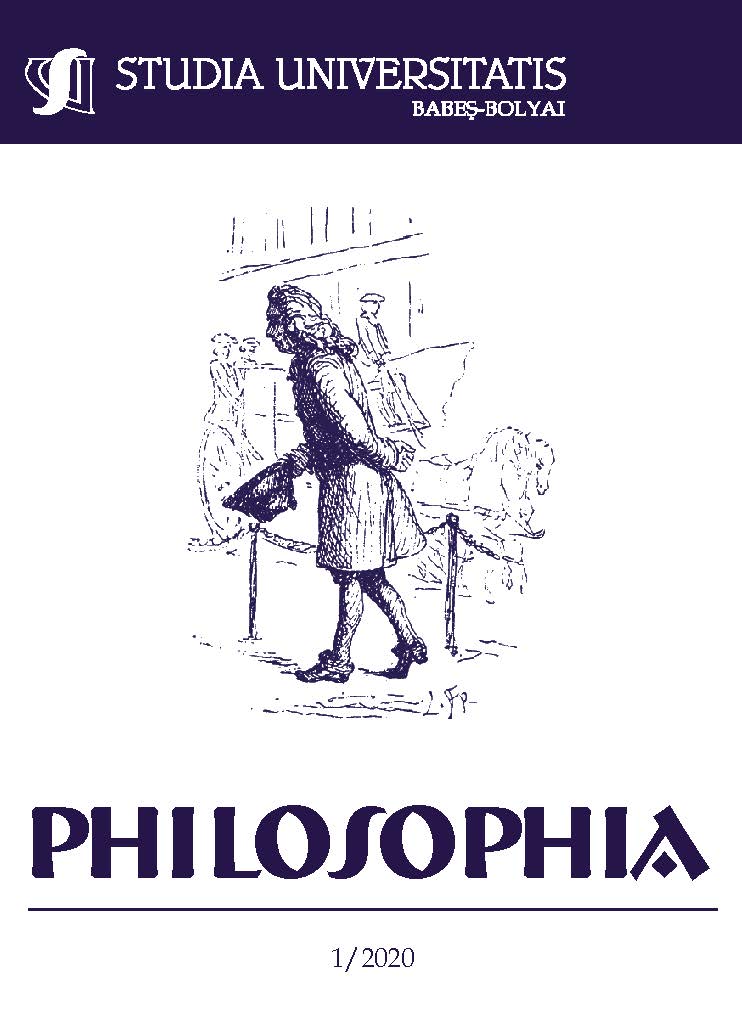LES FEMMES DEMONS ET LEURS MASCARADES – QUELQUES SYMPTOMES DU CINEMA JAPONAIS
THE DEMON WOMEN AND THEIR MASQUERADES – A FEW SYMPTOMS OF JAPANESE CINEMA
Author(s): Flaviu-Victor CâmpeanSubject(s): Aesthetics, Film / Cinema / Cinematography
Published by: Studia Universitatis Babes-Bolyai
Keywords: femininity; phantom; real; Japanese cinema; masquerade; demon;
Summary/Abstract: The Demon Women and Their Masquerades – a Few Symptoms of Japanese Cinema. The demon woman is a frequent theme in Japanese cinema, pertaining to more than an imaginary hypostasis of femininity. Jacques Lacan, in his brief and rare references to Japanese Cinema and particularly to Nagisa Oshima’s Realm of the Senses, points out the specific power of feminine eroticism which goes beyond the masquerade. This unanalysible « power of japanese women » is stated by Lacan within the context of what he calls the sinthome in his analysis of James Joyce’s oeuvre. This paper is a psychoanalytical approach of Kenji Mizoguchi’s Ugetsu Monogatari based on the aforementioned concepts and elaborations. Wakasa, the main feminine character, is thus connected to Lacan’s views on Woman (femme), on the relation between the Phallus and the feminine masquerade and, ultimately, to the Real dimension of the phantom.
Journal: Studia Universitatis Babes-Bolyai - Philosophia
- Issue Year: 65/2020
- Issue No: 1
- Page Range: 95-105
- Page Count: 11
- Language: French

